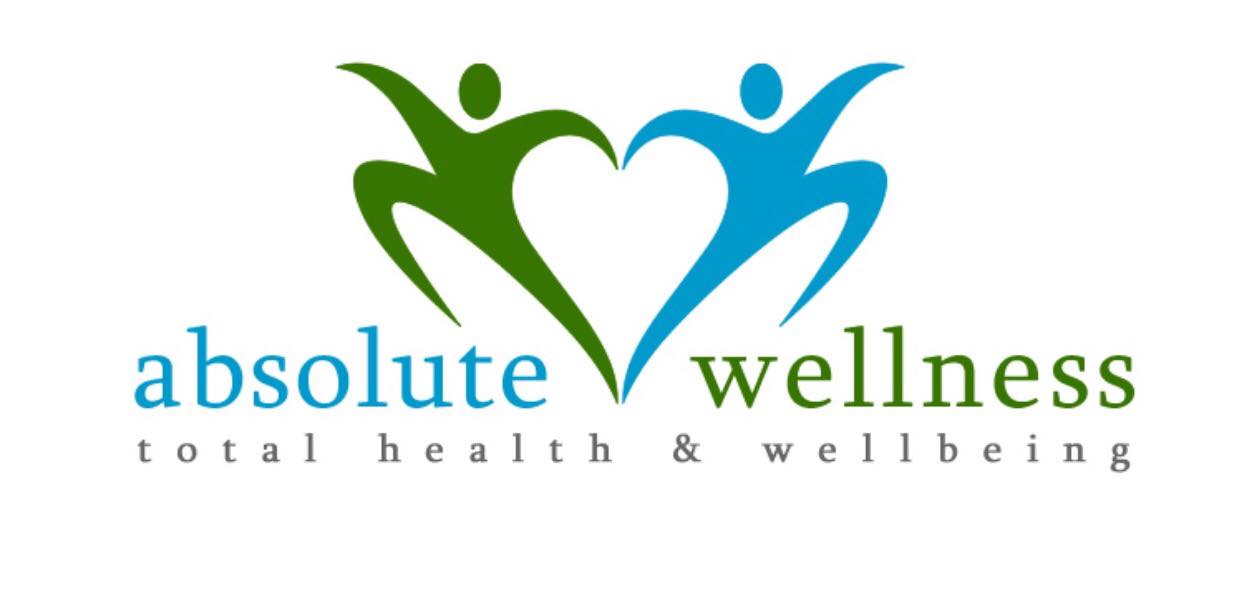Presentations, Fear & Mindfulness
One of the greatest fears people have is public speaking or giving a presentation

As I’m preparing for another mindfulness presentation, to 120 staff at South Lanarkshire Council, I’m reminded of my own personal journey in presenting.
Unlike my children who are exposed to speaking in school solo talks and assembly from P1, my first real experience of this was in first year at University. I still remember the Lecturer at the start of the year telling us we had a 10 minute presentation to do at the end of the year. From that moment I was consumed by The Fear. I didn’t have much confidence back then and was finding my feet at Uni; doing a presentation and being in the lime-light was not something I could even get my head around. Of course, I did it and it felt uncomfortable as I was flustered and nervous, but it was done.
A few years later and I was to do a presentation after a summer placement for the careers service…this time being filmed! Mostly what I remember was that my knees kept knocking together, and to this day my knees often tremble when I do a presentation! However, I was surprised how I came across in the presentation when I watched it back; I was much more relaxed than I’d felt.
Still, I would never have considered that my career would have so much presenting involved!
But this is what came to be, all my careers have led to me presenting. Training sessions on food safety with the council, in the NHS as a Workplace Health Promotion Officer and then as the Occupational Health and Safety Trainer with Diageo.
Teaching yoga and now all the Wellness Workshops and Retreats I run.
So how do you overcome a fear of public speaking? I’ve some tips for you….
1. The most important tip is to be prepared and spend plenty time rehearsing. I remember my Dad sending me an article many years ago titled ‘99% preparation, 1 % perspiration!’ I go over sessions in my head when I’m out running or walking, that way I can see what I remember or what I still need to go over. Apparently introverts spend more time than extroverts preparing for presentations, with extroverts more likely to ‘wing it’.
2. Fit in time to focus on your breathing and being mindful in the morning or hours before your presentation. Visualise yourself in the room and feeling calm and confident as you talk.
3. Ensure you are presentable yourself, but comfortable with what you wear. Then don’t worry again about how you look. You look like you. People aren’t judging you on your appearance, they want to hear what you’ve got to say.
4. I never allow myself to feel nervous until the morning of a presentation or even better just before I am about to present. This would’ve really helped me in that first year of Uni. I’ve discovered there’s no point in wasting energy worrying about presentations or other stressful events in the future; so many circumstances change at the last minute. Travel plans, cancellations, ill-health all have led to changes in plans…wasted energy worrying.
5. Change the way you interpret how you feel before presenting. It’s normal to feel nervous and to have all the physiological changes that go with this. Try telling your body ‘I feel excited and prepared’ before your talk instead of ‘I feel nervous and anxious’. The experience of racing heart, sweating and feeling warm are the same for both emotions but its way more helpful to have a positive perspective before presenting.
6. When you start to present you may feel some of the above, but you are normal and they will pass as you settle into your talk. This is why it’s really important to have a strong opening that helps you get past initial nerves.
7. Don’t think about what people are thinking of you. You will never know, and many people in an audience aren’t being mindful and in the moment. They are likely thinking about their work, family, dinner etc. It’s just not helpful. If someone yawns, you don’t take it personally…they might have had zero sleep or be hungry! Never personalise what people say or do.
8. People warm to others that show they are human and many people in your audience will likely be thinking they couldn’t do what you’re doing.
9. Talk slowly, pause and breathe as opposed to filling gaps with other words such as ‘ok, em, right’.
10. Try not to over-rehearse. Trust that you know your material and the more relaxed you are the better the presentation will flow and the words will just come to you.
11. Remind yourself you have a job to do. You are there to impart your knowledge, share what you know and people are interested to hear what you have to say. Imagine you are just having a big conversation with your friends.
12. Use your own personal experiences to keep audience engaged and use the tone of your voice to show your passion and enthusiasm for the subject.
13. You likely will be your own worst critic. Not every presentation will be your absolute best, but as long as you’ve given it your best. Take learnings. For example, if you felt your opening could’ve been stronger. Aside from this there is nothing to be gained from ruminating over every detail. You’ve had the courage to do it and it’s now over, you can relax.
You can overcome your fears but only if you face them and accept that you might experience discomfort along the way. Your personal growth will blossom and you’ll feel you can take on new challenges in other aspects of your life.
Mindfulness can really help lower your anxiety. I’ve turned up to do presentations to find all sorts of challenges arise. Technology is a big one when it doesn’t work, that people arrive late, your session is delayed or the room layout isn’t suitable. If you are mindful and living life moment by moment then you come to accept the hurdles. Solutions will come to your mind and you will make the most of the situation regardless.
If you’re interested in mindfulness sessions, stress workshops or need help with overcoming fears then contact julie@absolute-wellness.co.uk for more info.



